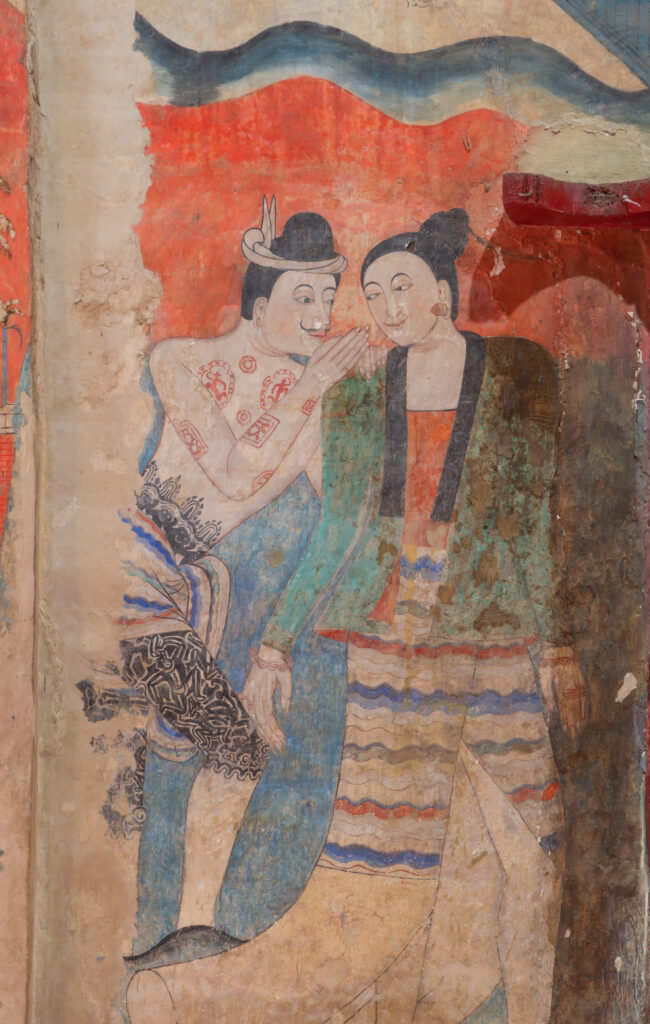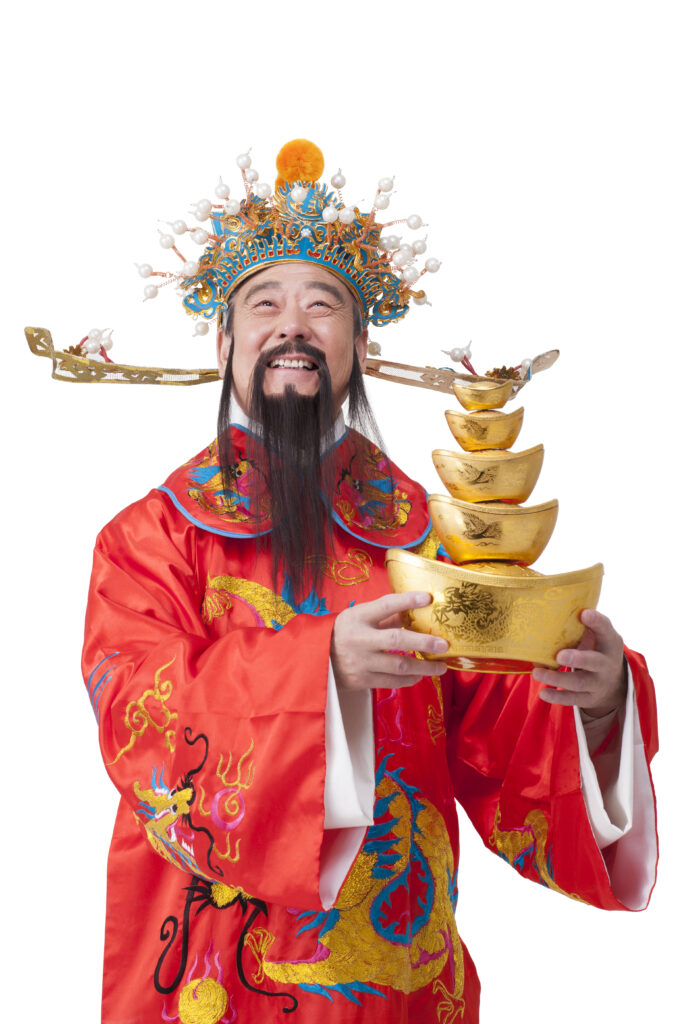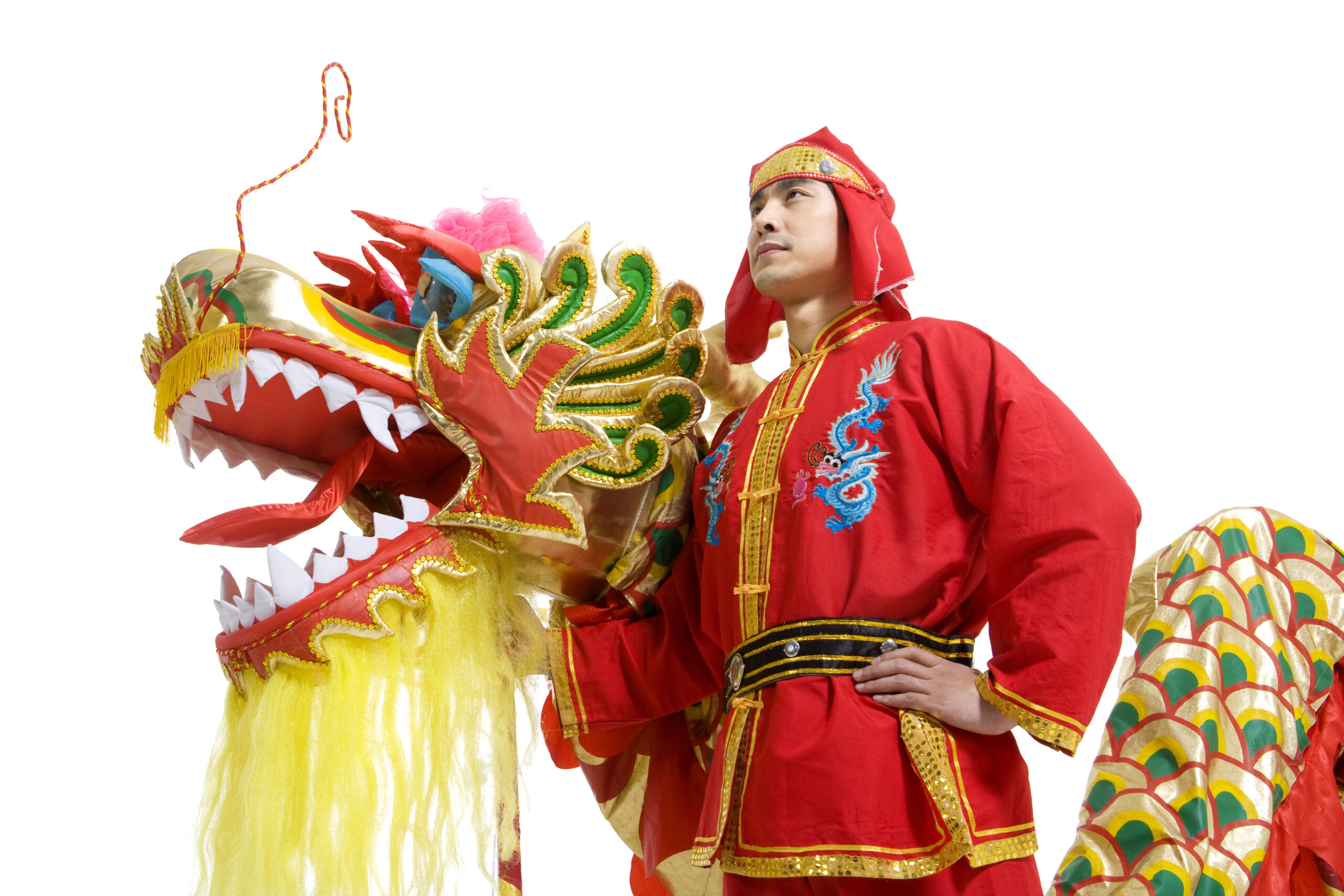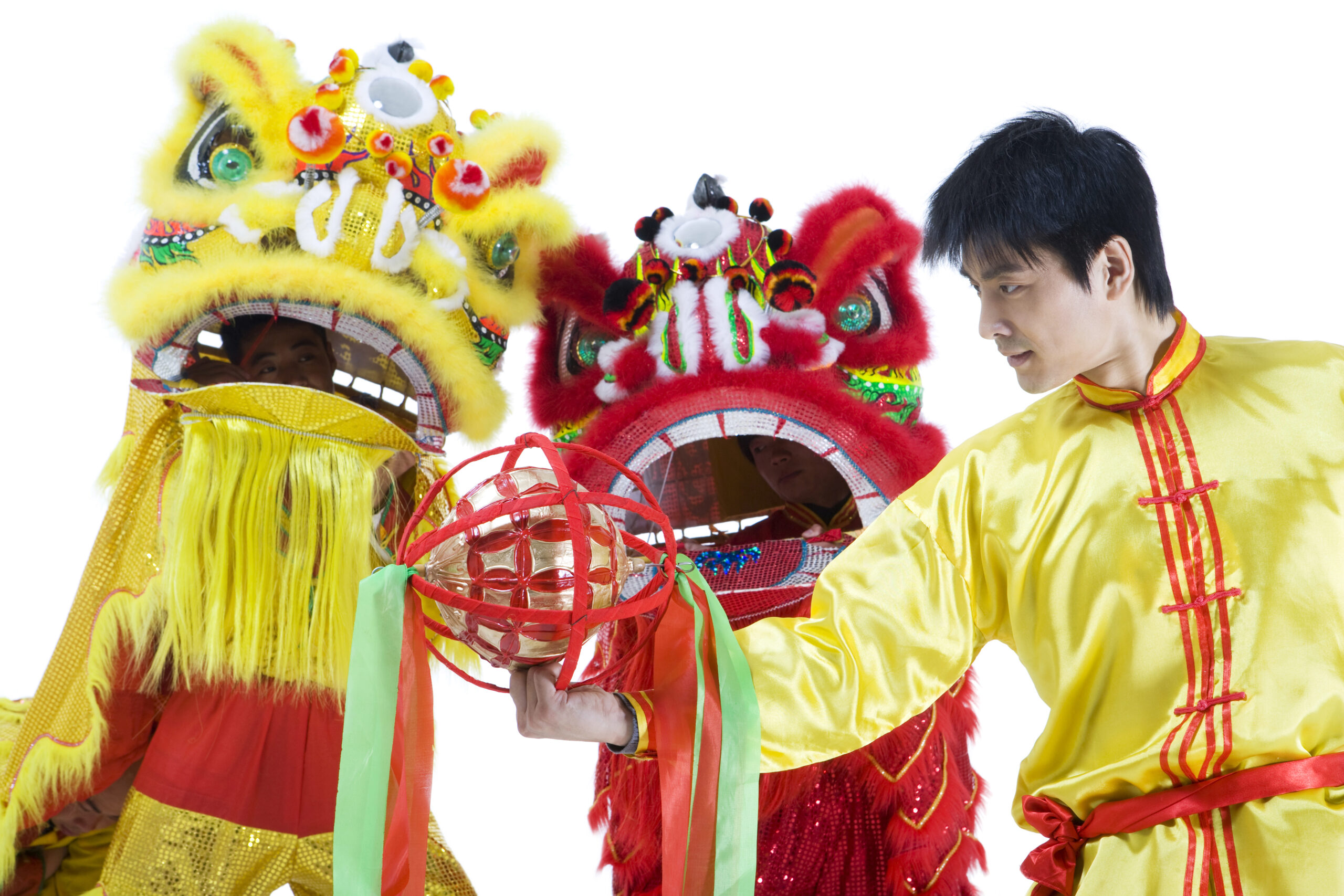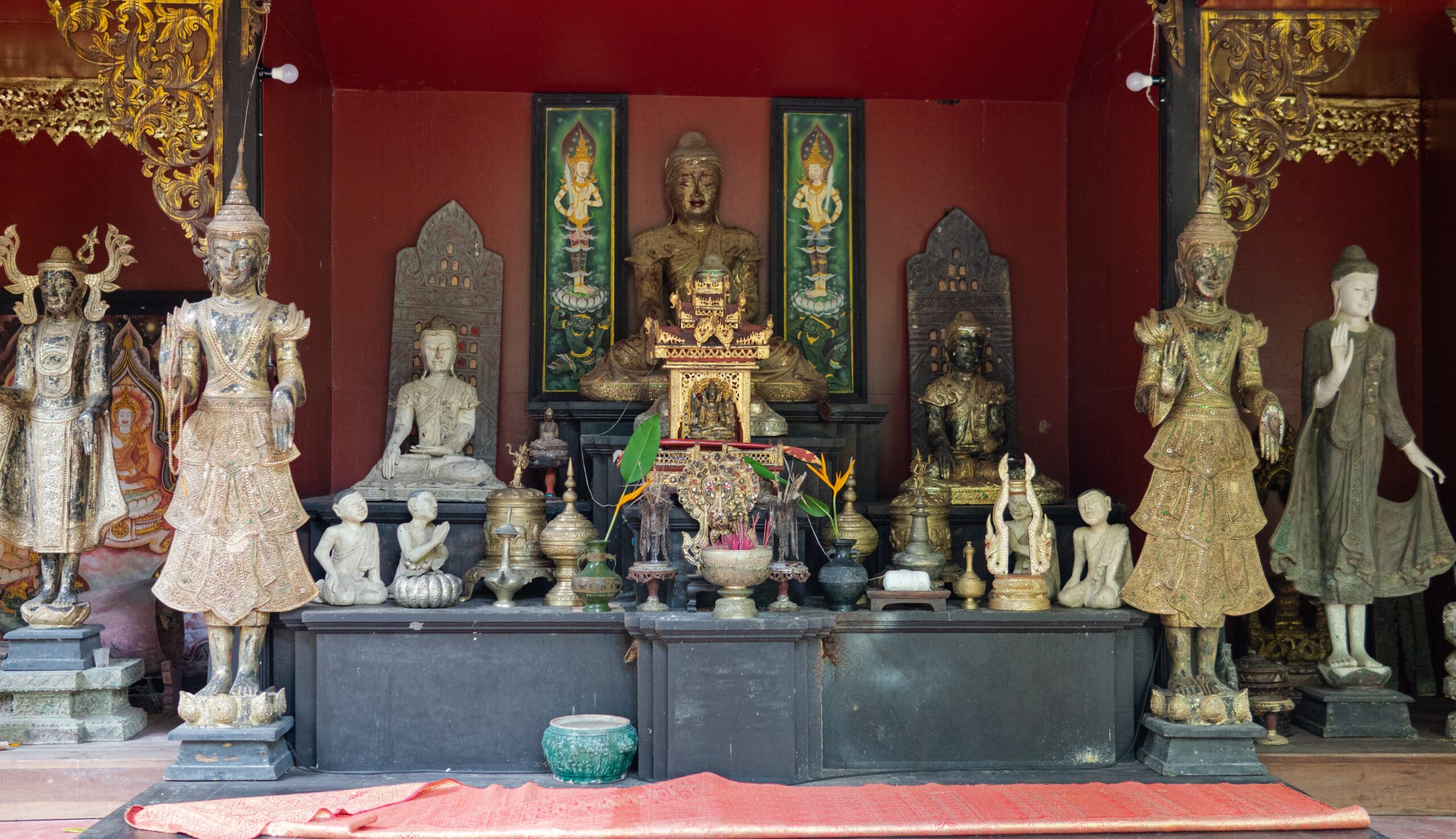Unbelievable but True: Buy an Authentic Chinese Nobility Title Here
Welcome to the Realm of Chinese Nobility. Here, you have the unique opportunity to acquire a genuine Chinese title. Embark on an exciting and fascinating journey with us, and by the end, you could proudly hold the title of Tianzi cóng Jìnyáng. We are eager to guide you through this captivating process and help you attain a piece of noble heritage.
Extend the Nobility to Your Loved Ones
Your noble title doesn’t have to be just for you. We offer a complimentary second certificate that includes your partner’s name, and for a small additional fee, your children can be included as well. If a group of friends wants to share the experience, we can provide individual certificates for each person in the group.
Every certificate features a newly designed coat of arms, and we include a beautifully crafted PDF brochure detailing noble titles and the associated land. After placing your order, you will receive the coat of arms via email as a PDF file, ready to be printed and framed.


